HEALTH DATA 2030
Our project created solutions, drew up fair rules and built a bridge for the cross-border use of health data in Europe, and supported the competitiveness of the Finnish health sector. The project was implemented in 2020–2023, but our work on health data will continue with TEHDAS 2 and the preparation of a new project.
Projects
What is it about?
Tackling the complex problems of a rapidly changing world requires increasingly versatile co-operation. For example, the covid-19 crisis highlighted the importance of European cooperation and data sharing. Trust in the use of data between countries requires transparency, functional frameworks and joint regulation.
The European Health Data Space as outlined in the EU data strategy promotes the development of health systems, and the availability, efficiency and sustainability of services. Research and innovation also benefit from improved access to data.
We must create common rules, operating models and solutions for the cross-border use of health data Health data Health data is ‘data concerning health’ means personal data related to the physical or mental health of a person, including the provision of health care services, which reveal information about his or her health status. Open term page Health data that respect people’s right to privacy. The Health data 2030 project implemented the strategic objectives of the Fair data economy theme, launched in January 2021, from the perspective of the use of health data.
Finland is a pioneer in the use of health data in the EU. One objective of the project is to ensure that Finnish companies benefit from digitalisation developments and the data economy and that we can seize the opportunities of the growing EU internal market.
The Health data 2030 project continued our previous projects for boosting data economy: Isaacus project prepared the rules for secondary use of health information Secondary use of health and social data The secondary use of health and social data means that the customer and register data created during health and social service sector activities will be used for purposes other than the primary reason for which they were originally saved. The secondary uses referred to in the Act in Finland include: scientific research, statistics, development and innovation activities, steering and supervision of authorities, planning and reporting duties by authorities, teaching, knowledge management. Open term page Secondary use of health and social data in Finland. Now Findata, grants permits for the secondary use of data, improves data security and promotes the data protection of citizens. The IHAN project paved the way for a fair data economy Fair data economy The part of the economy that focuses on creating services and data-based products in an ethical manner. Fairness means that the rights of individuals are protected and the needs of all stakeholders are taken into account in a data economy. Open term page Fair data economy and developed practical tools, such as the rulebook, and rules for companies and other organisations using data. In the future, individuals’ own data MyData The term MyData refers to: 1) a new approach, a paradigm shift in personal data management and processing that seeks to transform the current organisation-centric system to a human-centric system; 2) personal data as a resource that the individual can access and control. Personal data that is not under the respective individual’s own control cannot be called MyData. Open term page MyData will be an important addition as we move towards individual-oriented healthcare and welfare services.
What did we do?
First, the focus was on creating a snapshot with stakeholders, through interviews, workshops and surveys. We wanted to promote the use of health data with ambition in Finland. Building on the snapshot, we will launched trial projects to drive change. We also created a long-term vision that challenges our society to reform.
Finland is part of the EU common market. However, we will not be able to take full advantage of the benefits of the data economy if the EU is not competitive. We are co-ordinating the EU’s Joint Action Towards the European Health Data Space (TEHDAS) to create common rules for the secondary use of health data.
By being involved at the heart of development, we made a favourable contribution to the rules and boosted the competitiveness of Finnish companies.
In the development of digitalisation and the data economy, we must ensure that individual rights are fulfilled and people become empowered to use their own data.
The aim of the project was to ensure Finland’s active role in sustainable digitalisation development. Sustainable digitalisation is associated with the development of a European single market for data as defined in the European data strategy and the ethical use of artificial intelligence as a driver of data-based services.
Where are we at?
The project was launched in autumn 2020 and finish in October 2023.
In the early phase of the project, we published a series of working papers in order to clarify the situation in this field. These working papers covered issues such as the opportunities offered by data-driven ecosystems, digital therapies, new ways of conducting medical trials and the measures required for growth and competitiveness in the health sector. A vision, 10 recommendations and a governance model were developed to speed up growth of the entire health sector. The publications provide resources for healthcare decision-makers, implementors and developers. The working papers are available mainly in Finnish including a summary in English.
We launched three funding calls based on the studies and selected 13 pilot projects for implementation. Six of the pilots focused on experimenting with digital therapies as part of everyday healthcare. Healthcare professionals value the up-to-date information the apps provide. Both professionals and patients value their ease of use and results for example in losing weight. Some of the welfare regions decided to continue using the applications in Finland.
Four projects promoted the use of data economy tools, such as Sitra’s Rulebook for a fair data economy in health sector ecosystems. Three supported the preparation of decentralised drug trials.
Alongside the public funding calls, we have launched selected projects following discussions with stakeholders.
We are participated in the development of EU health policy and promoted the creation of a European health data space in the framework of the 25-country TEHDAS Joint Action project. This produced recommendations for the European Commission and member states to enable the cross-border use and quality assurance of health data, among other things. Recommendations were also made on the technical services required for the EU-wide secondary use of health data. The aim is to ensure that data collected in EU countries can be combined and used securely for research, innovation and decision-making. The successful implementation of the TEHDAS project led to Sitra’s involvement in a follow-up EU project on the implementation of health-related legislation.
Human well-being and the state of the environment are closely interdependent. The concept of planetary health or One Health is now being used. We aimed to identify the concrete actions that the European Commission and member states had planned to promote planetary health. We also aimed to raise awareness of the issue and identify and disseminate good practices across sectors.
After this project, our work on health data will continue with a new focus. Preparations for TEHDAS 2 and the new project are ongoing.
Who were involved?
European well-being is being built in co-operation with a wide range of international stakeholders. In addition to the public and third sectors, the project involved businesses and research and development organisations from Finland and other European countries, and more than 400 patients in the pilot projects.
Sitra led National Initiatives Network ws also included.

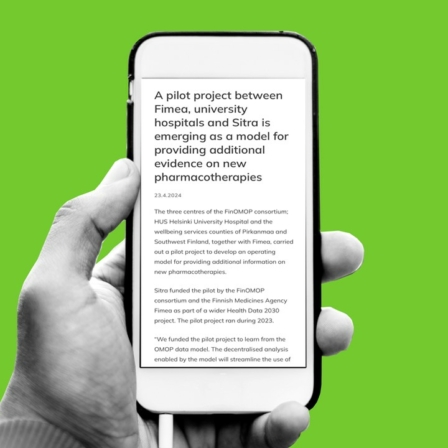
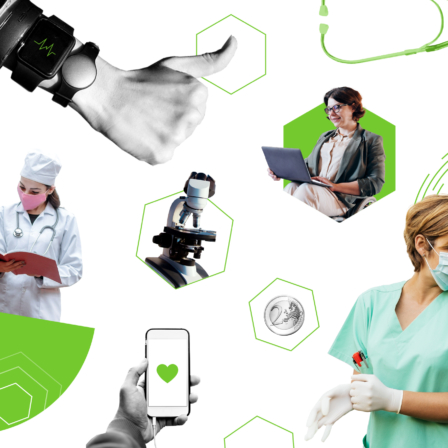
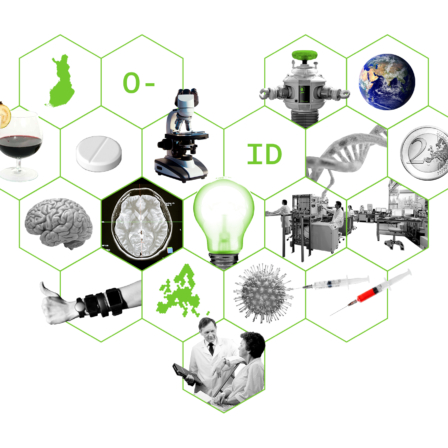
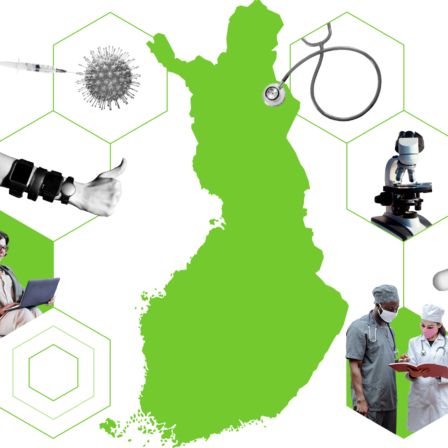
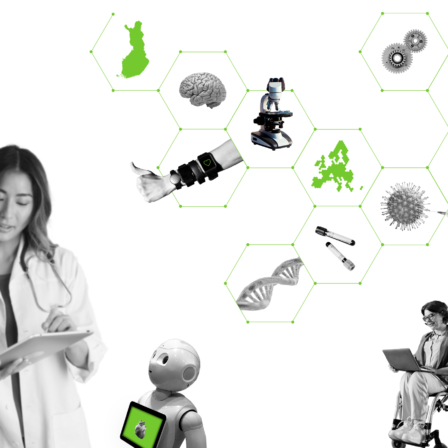
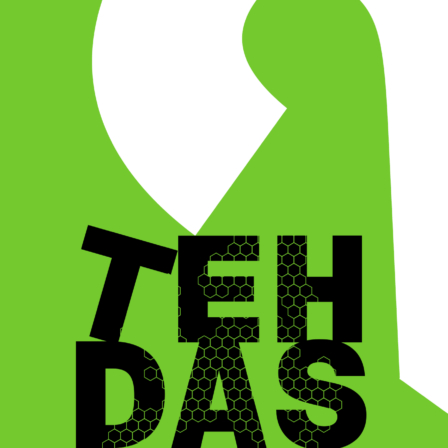
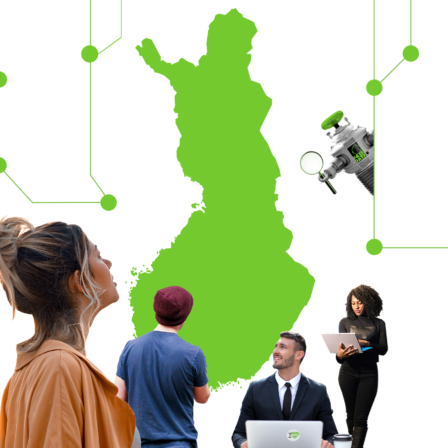


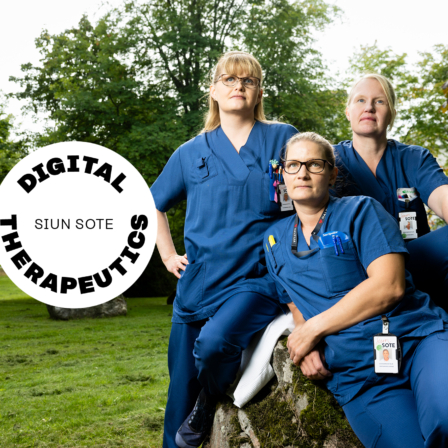
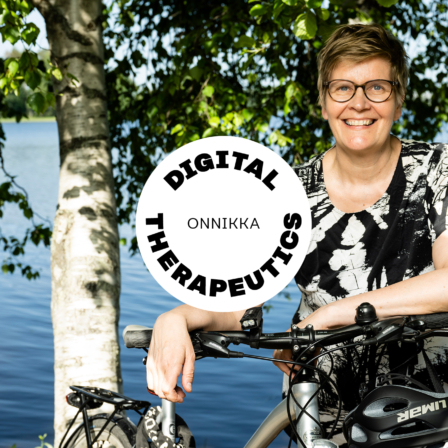
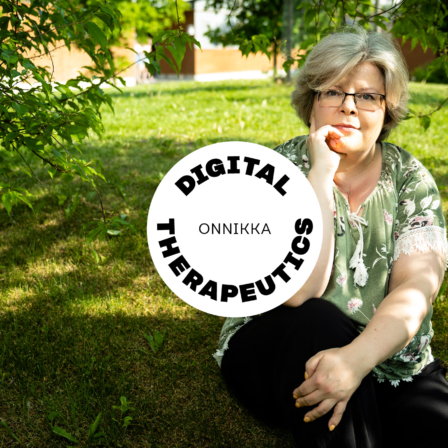




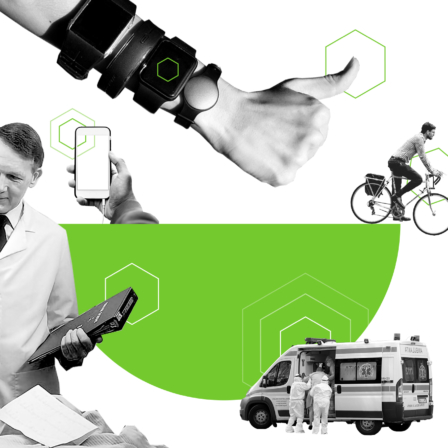
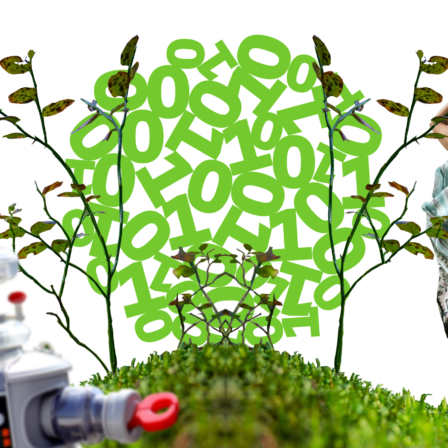




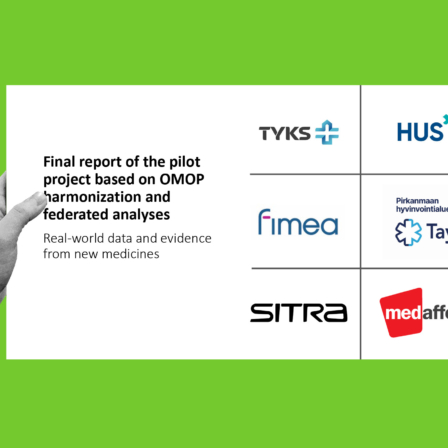

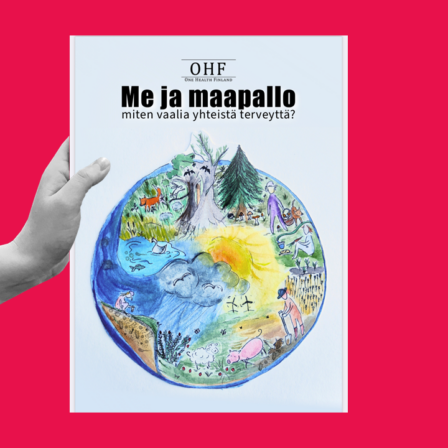
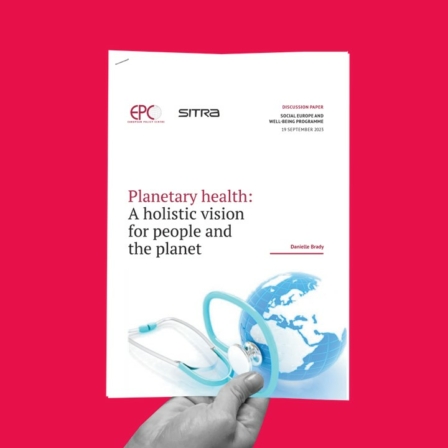
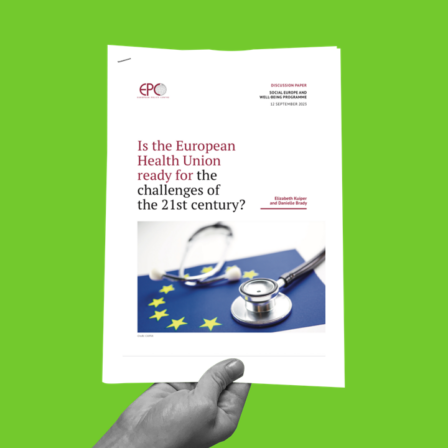

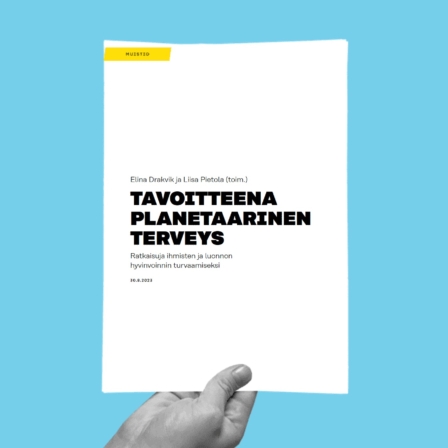
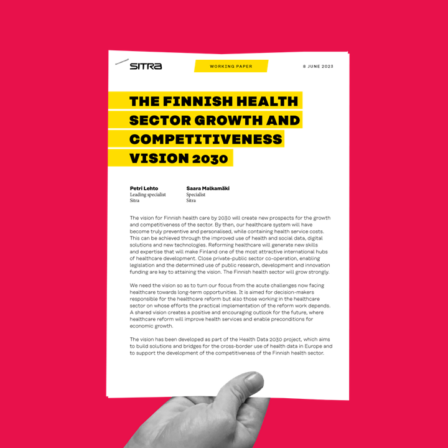



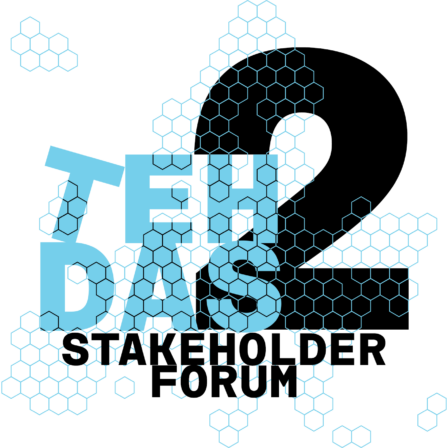
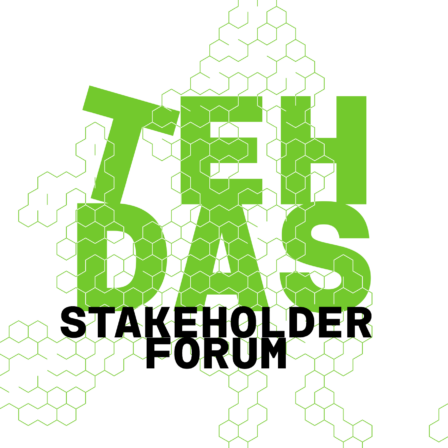


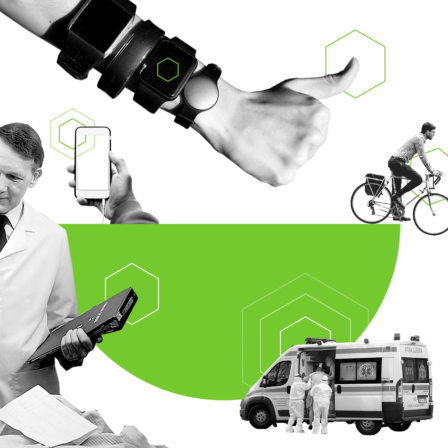









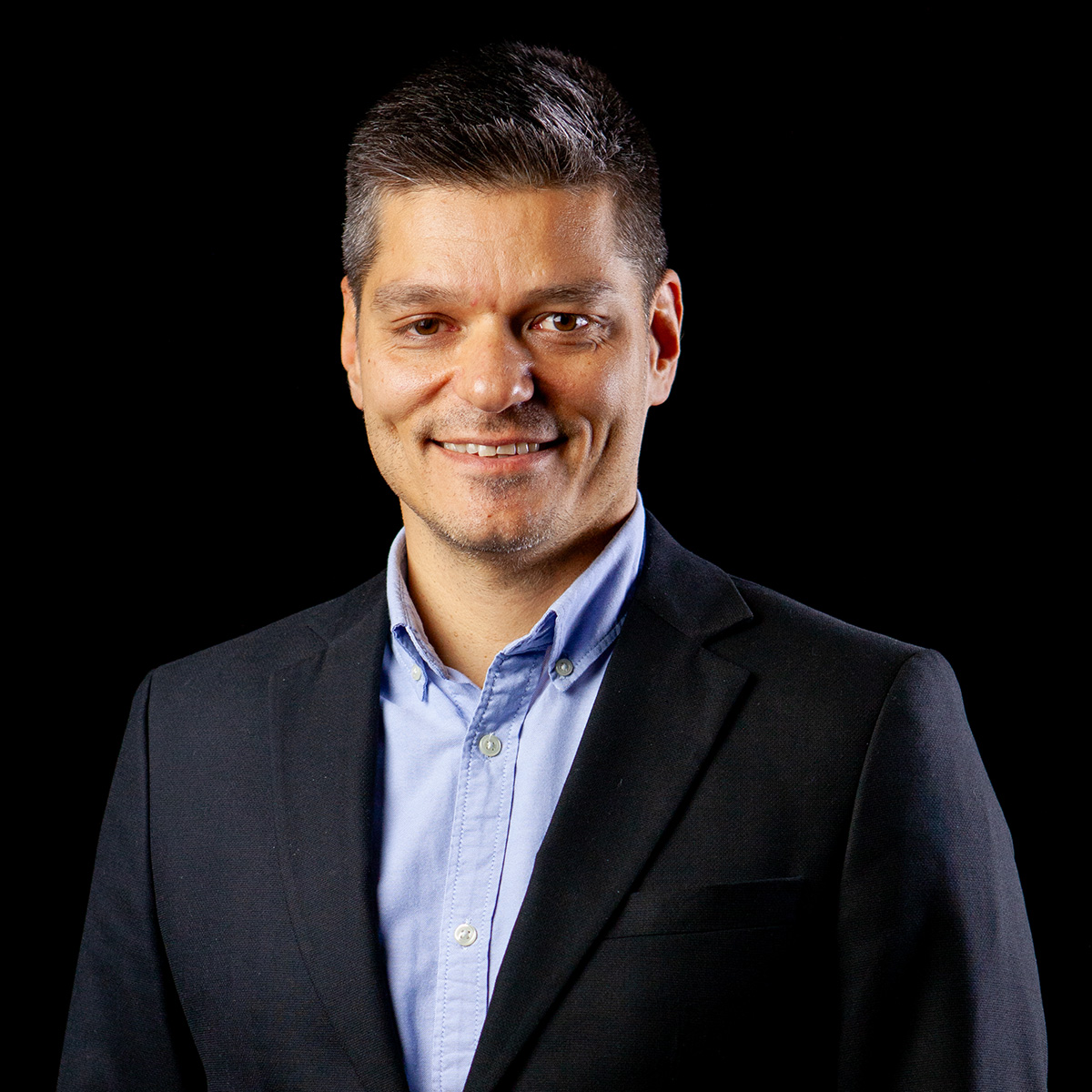
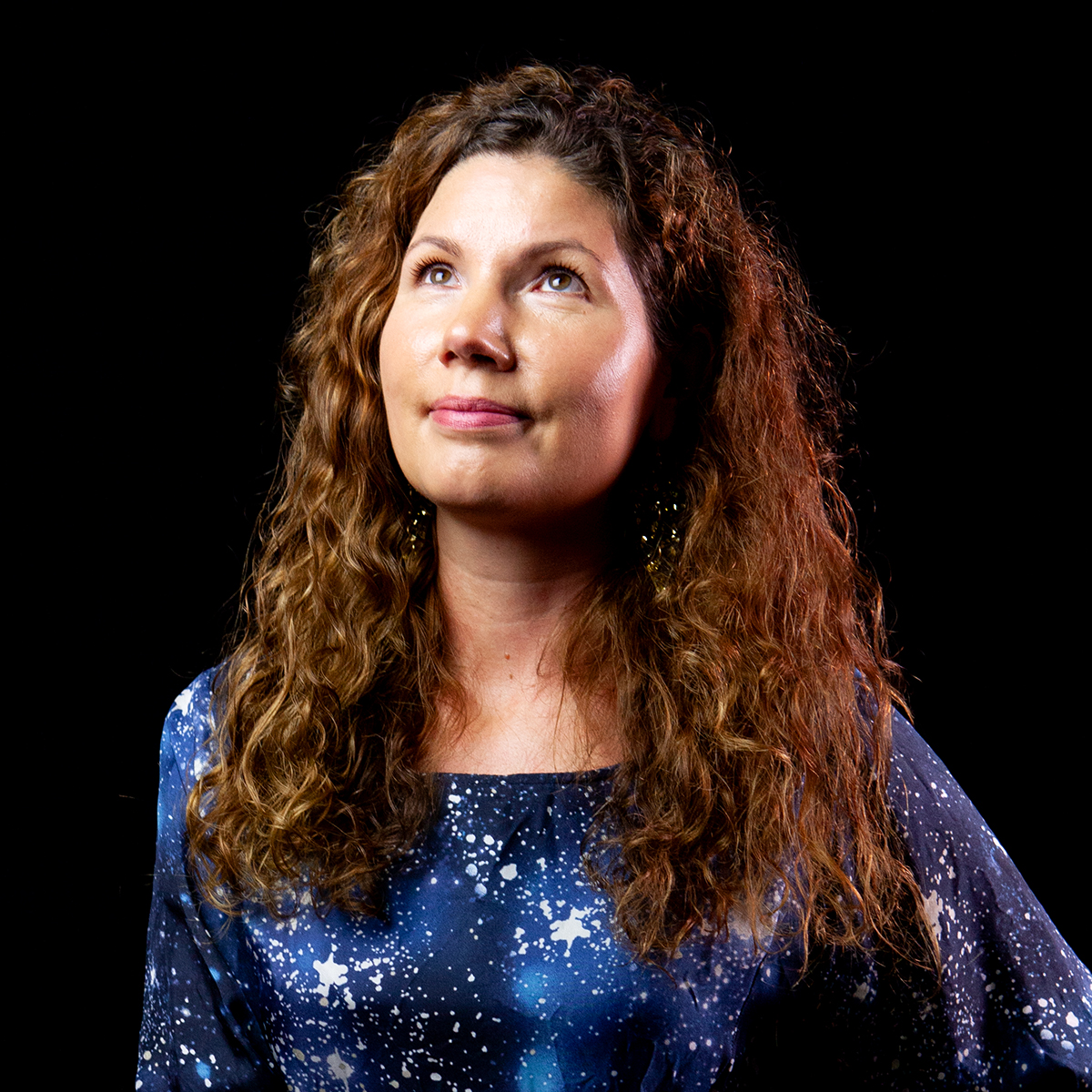
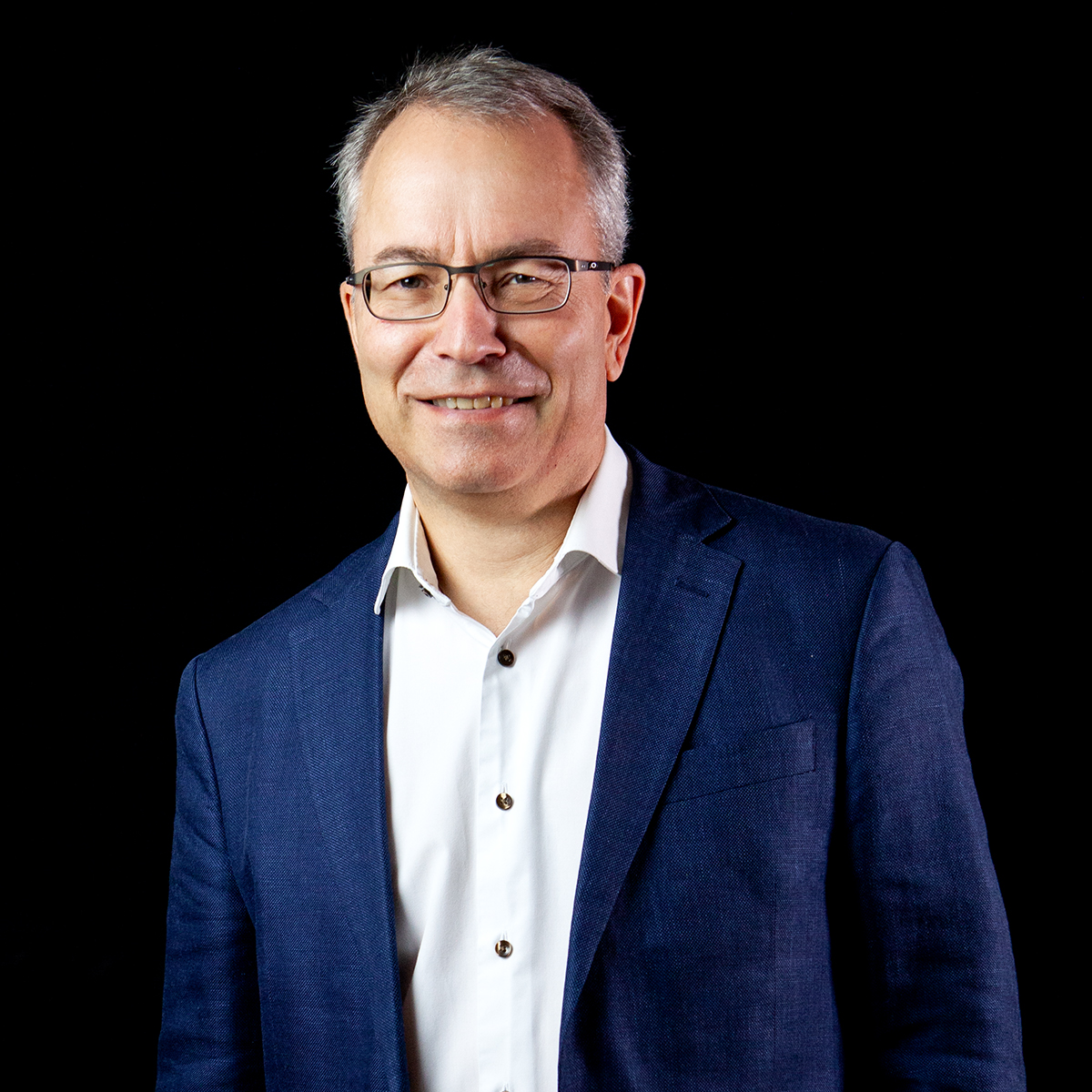
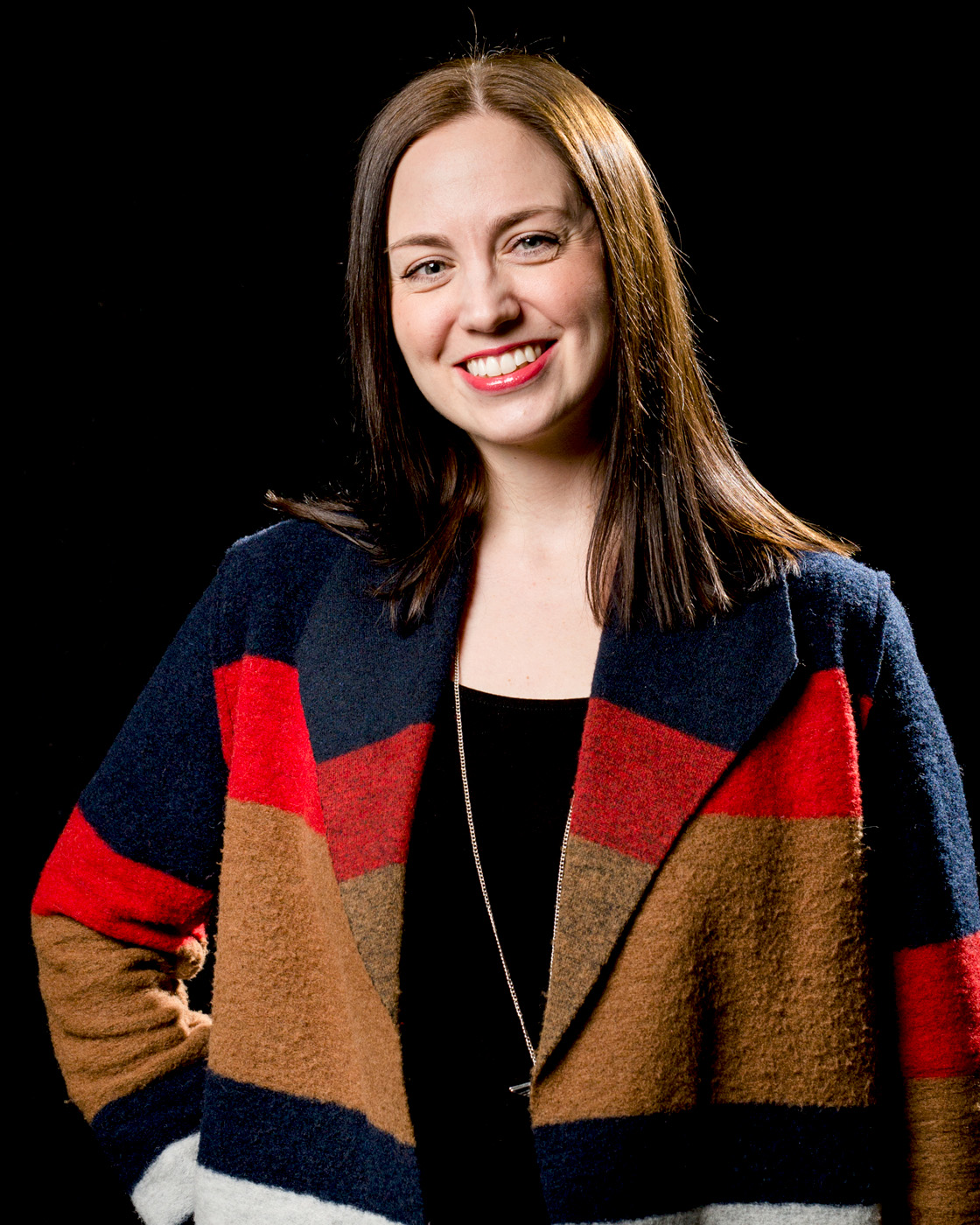

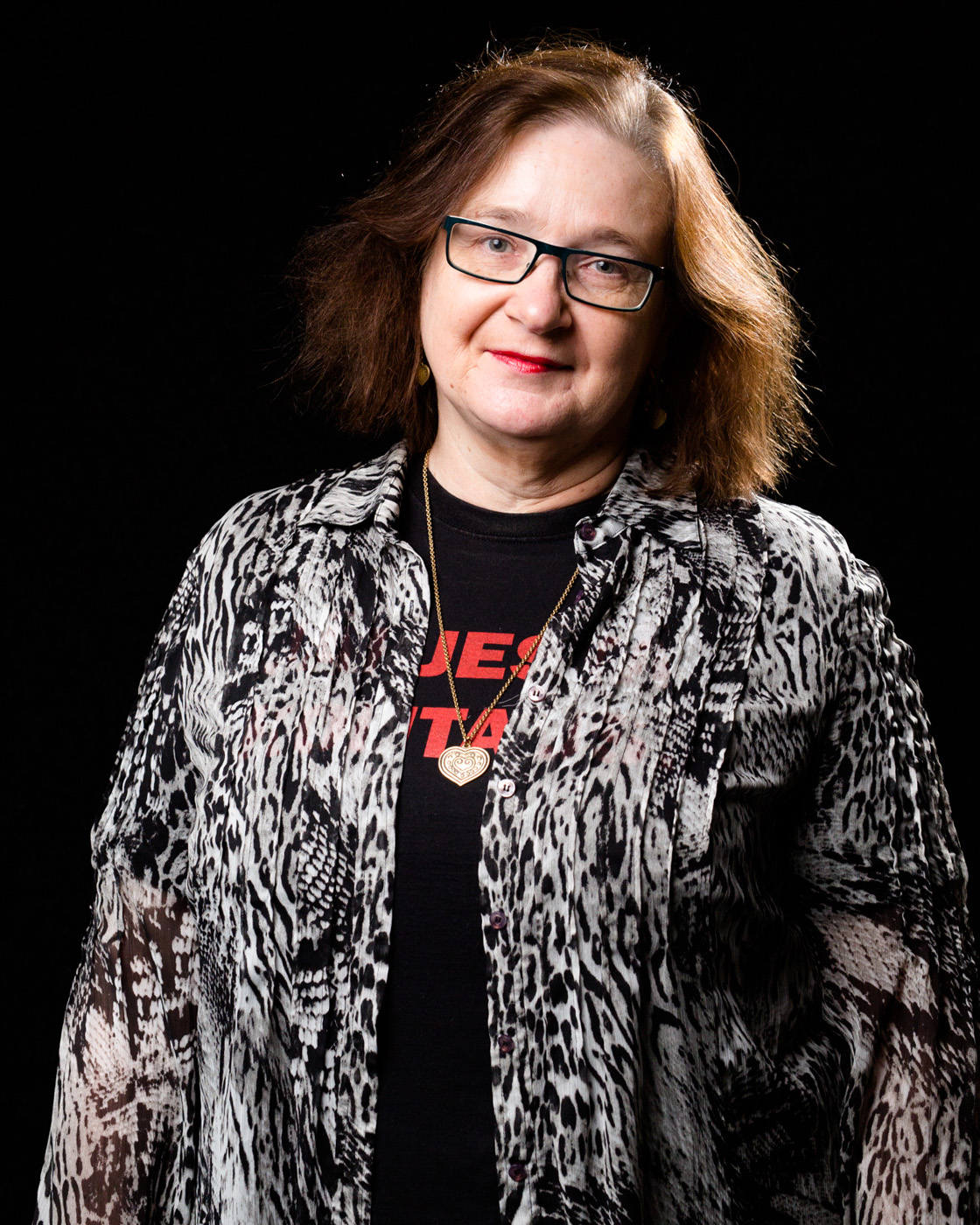

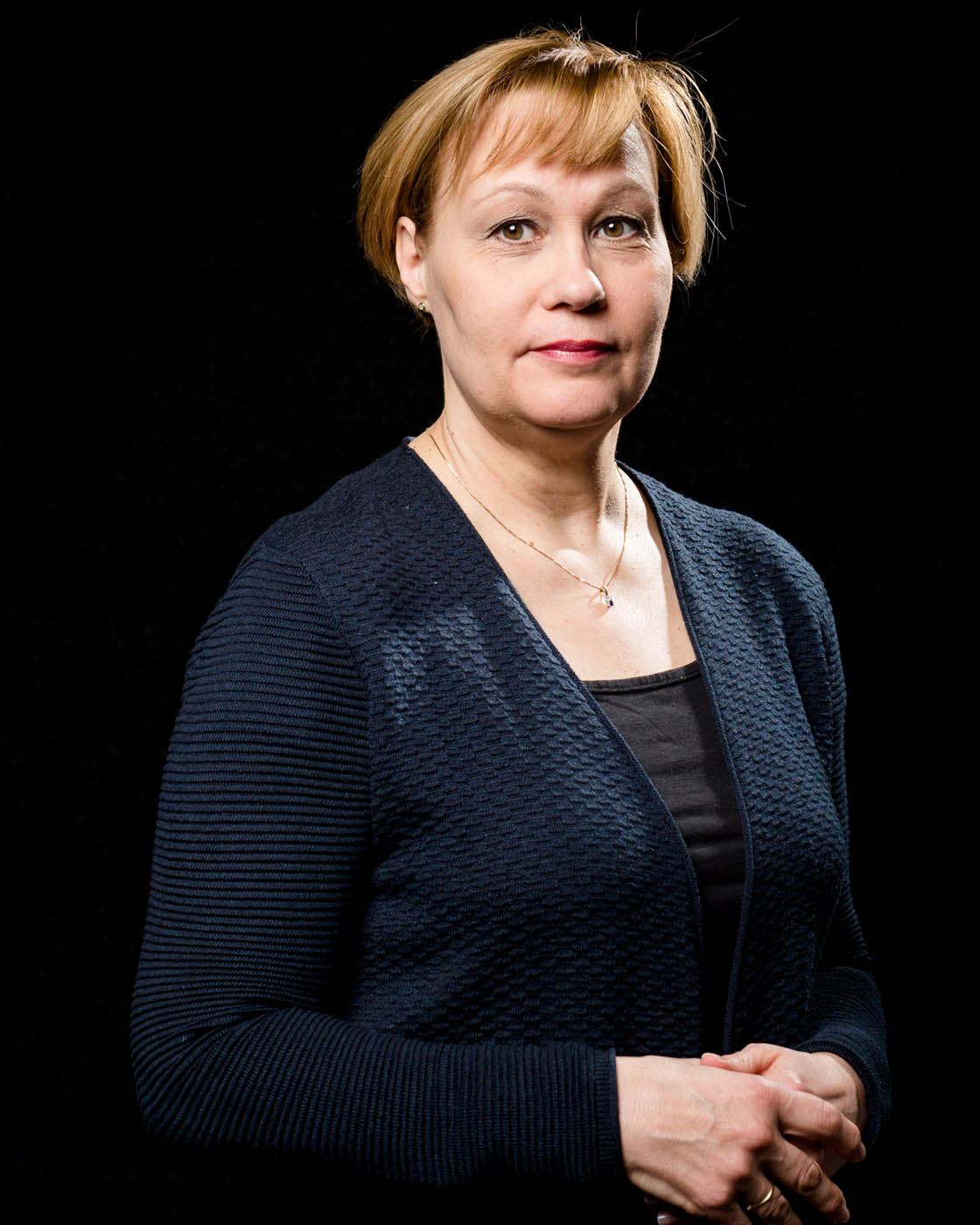


Latest